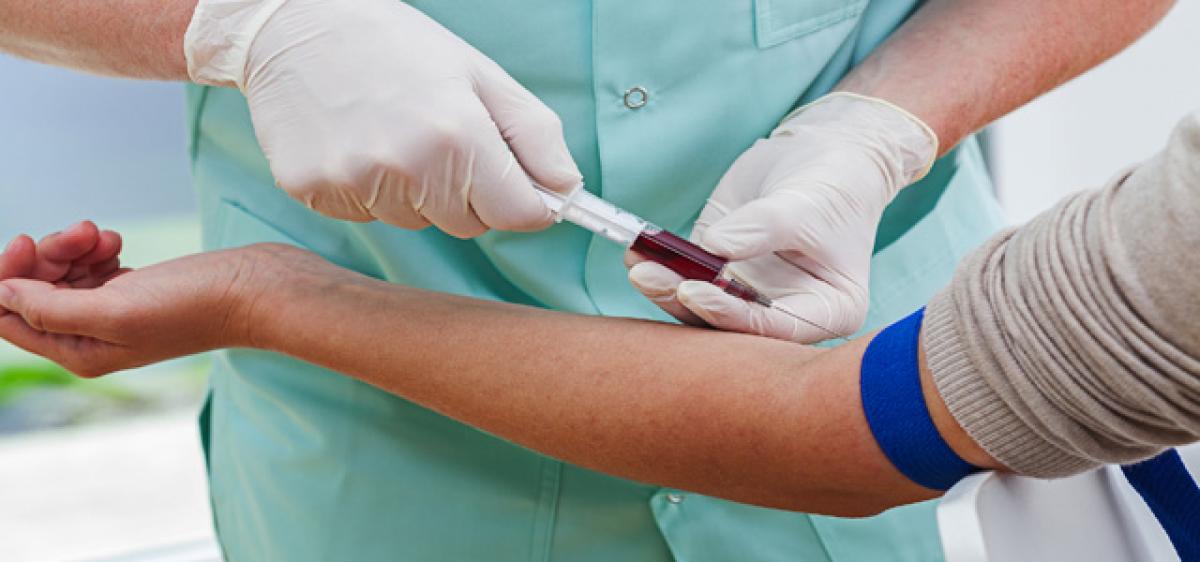A blood test may predict outcome for Ebola Patients

Scientists have identified a \'molecular barcode\' in the blood of patients with Ebola virus disease that can predict whether they are likely to survive or die from the viral infection.
Scientists have identified a 'molecular barcode' in the blood of patients with Ebola virus disease that can predict whether they are likely to survive or die from the viral infection.
A rapid analysis of the host response to infection in an outbreak situation can provide valuable information to guide an understanding of disease outcome and mechanisms of disease, the researchers said.
"The study provides a benchmark of Ebola virus infection in humans and suggests that rapid analysis of a patient's response to infection in an outbreak could provide valuable predictive information on disease outcome," said Julian Hiscox, professor and a virologist at the University of Liverpool, UK.
For the study, the team used blood samples taken from patients who either went on to survive or die during the 2013-2016 outbreak of Ebola in West Africa. Using genomic techniques, they analysed these samples to identify and quantify messenger RNA (mRNA) expression and compared to blood samples from survivors who had recovered from infection and were now free of the Ebola virus.
The researchers identified a small number of genes whose expression accurately predicts patient survival, independent of viral load the amount of virus present in the body. It also pointed to the virus causing significant liver damage.
The findings showed that it is not only the amount of virus that is present in a patient define whether he or she will survive. "But, how the patient fights the infection is also key. Defining common aspects of how the immune system responds in individuals that survive opens a new window for studying how to keep Ebola virus infection from being a fatal infection," said John Connor, associate professor at Boston University.
This type of blood analysis could be integrated into future outbreak responses as a diagnostic tool to help guide treatment strategies, the researchers suggested.









